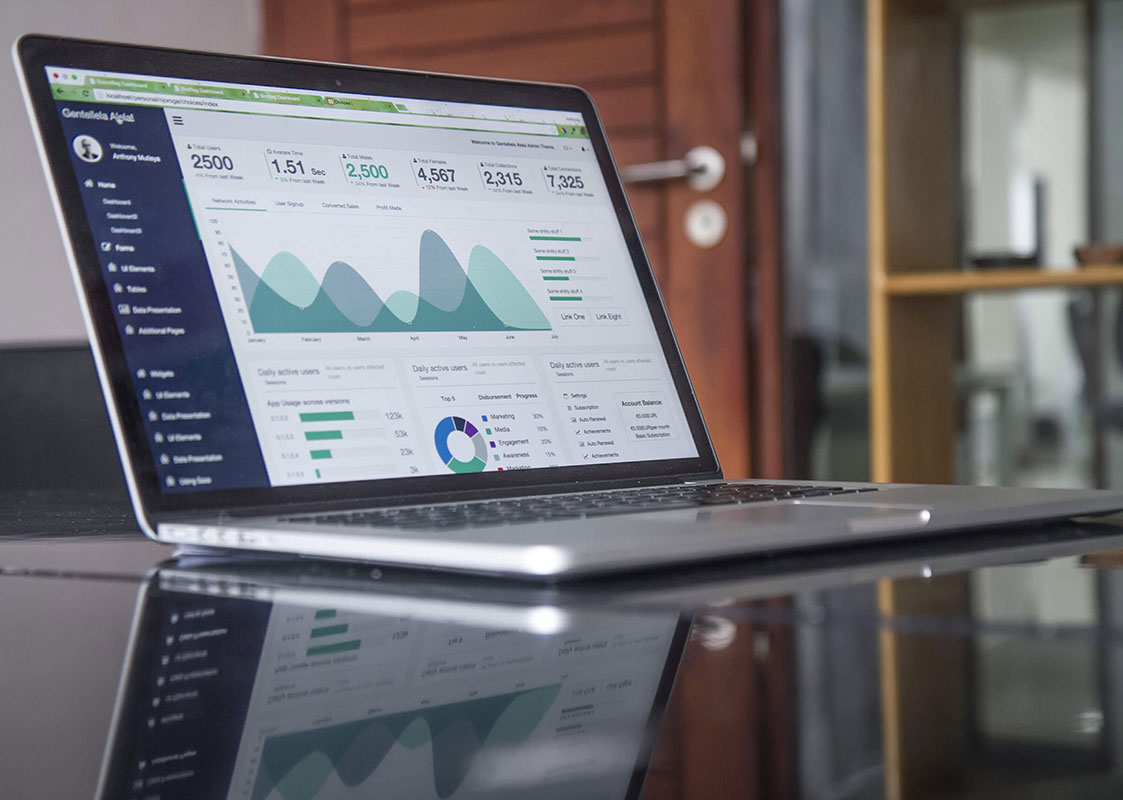In his most recent book, “Thank You for Being Late,” Thomas L. Friedman tells a story about how Japanese dairy farmers worked with Fujitsu, an information technology equipment and services company, to improve the breeding success of dairy farms. Fujitsu fit the cows with pedometers that transmitted data to a machine-learning software system running on Microsoft Cloud. They determined that a big increase in the cows’ steps was a 95 percent accurate signal for the onset of the cows going into heat. When the system detected a cow in heat, it would send a text alert to the farmers on their mobile phones, enabling them to administer artificial insemination at exactly the right times. The result? A 70 percent probability that the cows would deliver female calves.
This anecdote shows how big data analysis enables unprecedented agility, personalization, and customization.
From dairy farmers to global companies, all have a great need to extract and subsequently transform structured and unstructured data into information, then information into insight. In a recent survey of 422 European and American corporate executives, by the Economist Intelligence Unit and Cognizant, respondents predicted “analytics/big data” would be the most in-demand digital competency within three years, spanning a variety of industries, from healthcare and retail to financial services and manufacturing.
Northeastern is answering that demand for more analytics professionals with its new Master of Professional Studies in Analytics degree program, focusing on the intersection between technology and business application, and the objective to “illuminate” the world around us and therefore mitigate risk in decision making.
“The program is designed to provide students with all the necessary skills to land in-demand analytics jobs” says Uwe Hohgrawe, lead faculty for the program. “Students gain a deep understanding of the mechanics of working with data, from collection to reviewing to correcting and modeling, as well as learning how to extract, and communicate data-driven insights that ultimately influence decisions.”
A set of five core courses provides a broad foundation, and students can tailor the program to their interests by choosing from among three specialization areas: Statistical Modeling, Evidence-Based Management, and Informational Design. An experiential learning course and an experiential capstone course complete the program by enabling students to apply their learning in real-world environments.
Speaking to each specialization, Hohgrawe says:
The specialization areas enable students to pursue the type of analytics they believe to be the most valuable for their current job and/or future career. If you’re heavily into the science of analytics, you may choose the Statistical Modeling specialization. If your emphasis is more on the translation of analyses-derived insights into driving decision-making processes, than you may consider Evidence-Based Management. And if your focus is more on process optimization as a source of informational efficiency and standardization, Informational Design could be the right choice for you.
The new degree program is particularly timely. Analytics has become essential in a wide range of functions from product marketing to customer loyalty programs. New tools have made it easier to collect and sift through volumes of data from a growing variety of sources.
But, “not everything that can be counted counts, and not everything that counts can be counted,” as sociologist William Bruce Cameron pointed out in his book “Informal Sociology: A Casual Introduction to Sociological Thinking.” Those organizations and professionals that master analytics can create new business models, achieve new levels of organizational efficiency and customer satisfaction, and deliver truly innovative products and services. As Jeff Bezos, founder and CEO of Amazon, stated at a 2012 re:Invent conference, “If we can arrange things in such a way that our interests are aligned with our customers, then in the long term that will work out really well for customers and it will work out really well for Amazon.”
Hohgrawe adds:
This program is geared to providing employees and employers with a curriculum that establishes confidence in students’ abilities to master analytics at the intersection between technology and business application; through experiential learning opportunities students have the opportunity to gain a full appreciation for the true power of analytics. Several companies that partner with Northeastern, including a Fortune 100 company, have expressed interest in collaborating with us by providing real data for students to work with and offering some input into what students learn.
According to the American Statistical Association, the number of students earning bachelor’s degrees in statistical science has more than doubled in the last five years, and the number of students in master’s and doctoral programs in statistics has been growing for nearly a decade, according to the National Center for Education Statistics.
To learn more about the Master of Professional Studies in Analytics program, visit our program page.






Related Articles
Is a Data Analytics Bootcamp Worth It?
What is Learning Analytics & How Can it Be Used?
How to Get Into Analytics: 5 Steps to Transition Careers